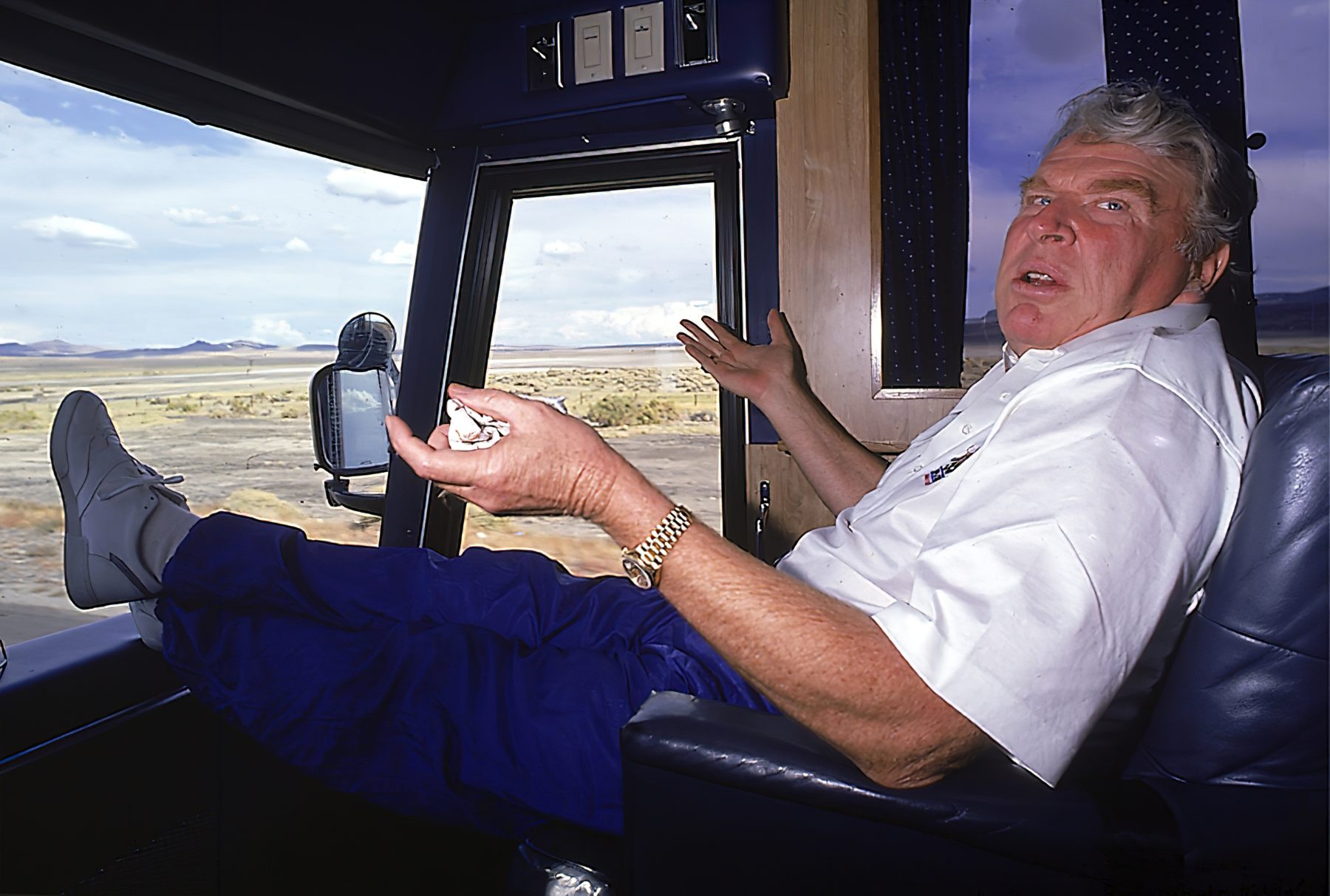Rival Multi-Modal Booking Sites See Their Once-Distinct Strategies Increasingly Merging

Skift Take
Melbourne-based multi-modal platform Rome2rio is set to go head-to-head with European competitor GoEuro by launching on-site bookings.
While GoEuro already accepts some bookings directly through its website, Rome2rio has let customers search their air, bus, rail and car rental options, for example, and then referred users to partner sites to complete the booking. After testing the waters in mid-2016 with a SilverRail partnership, which introduced on-site rail bookings in the UK, Rome2rio is now transitioning into becoming a booking site, including for flights, starting next month and into 2017. Its SilverRail partnership has already extended to include Amtrak.
The idea behind multi-modal is to enable travelers to search for door-to-door transportation and not just airport to airport, for instance, which is often the norm.
While both multi-modal platforms will now be fighting for the same market share, the strategy and business approach behind the two companies is totally different.
VC and Funding
In early October GoEuro announced a $70 million funding round, bringing their total raised capital to $145 million. Naren Shaam, founder and CEO, tells Skift the company will be investing the proceeds in expansion throughout Europe, hoping to offer a seamless mobile experience and increasing overall customer awareness.
GoEuro has already made investments in mobile and Shaam says "we're 70 percent mobile today."
Rome2rio is taking a very different approach on funding, looking to generate cash internally. So far it has only raised around $2.5 million, of which around half was provided through a government grant.
Looking at the competition and heavy investment going into the multi-modal market, Rod Cuthbert, CEO of Rome2rio, says "seeing GoEuro's strategy has suggested to us that we ought to at least look at doing a series B, but it would have to be the right deal and the right company."
Commenting on the substantial funding difference between the two companies, Sascha Hausmann, a partner at venture capital firm Howzat Partners and CEO of Busy Rooms, said that while sizable funding can help boost a company's growth, "if you have an excellent and dedicated team which understands the sector and is disruptive, they can make it work with a million. […]
"We've seen billion dollar companies which have been built on very minimal funding," Haussmann says. "They don't always need a Kayak or a GoEuro type of funding."
In regards to the multi-modal hype, he believes it's justified. Multi-modal and transportation in general "has been a step child of travel for a long time. There's search for it and there's demand for it. It'll come out of the ashes."
One of the major differentiators between the two platforms is how far along they are in entering into booking partnerships. GoEuro has been able to provide a considerable amount of on-site booking. While Rome2rio until now was "totally focused on search," as Cuthbert puts it, the company's first new partnerships for on-site bookings would be integrated by the end of 2016. By early 2017, Rome2Rio aims to have coaches, trains and flights directly bookable through its website. Some early partners include Trenitalia, SilverRail, Travelport, and Busbud.
When asked about flights, Shaam of GoEuro said "we're happy with metasearch." GoEuro will be focusing on solving a "simple mobile purchase experience", which he believes "should be as simple as Uber […] and I'm going to invest as much as necessary to bring that experience to our consumers."
Catching the bus
CheckMyBus, an international bus metasearch engine with 1.5 million daily connections, has announced a partnership with Busbud, increasing its already large portfolio. Marc Hofmann, CEO of CheckMyBus, sees multi-modal as competition but believes that it won't be suitable for all customers.
"In many cases users are determined on their mode of transportation before they search and feel comfier using a specialist like Skyscanner for flights or CheckMyBus for buses. For example, customers who want to travel from Rome to Rio won't look for bus connections or trains, they know they'll need a flight and look for that directly. While in Western Europe there is a great multi-modal transportation network, this is not necessarily the case e.g. in the Americas or Eastern Europe."
Search Engines and Functionality
A further difference between the GoEuro and Rome2rio platforms is within the search engines' functionality. While GoEuro focuses on offering the customer something they can book straight away on its site or through a partner, Rome2rio -- being previously totally focused on search -- also shows customers services that are not affiliated with nor bookable in advance, such as local buses and trains, as well as ferries.
Cuthbert believes it is vital to show all these options. "We'll show you everything whether it's bookable or not [...] it gives us very high traffic, which we don't pay for."
These two approaches, according to Haussmann of Howzat Partners, "both have a leg to stand on." Business travelers may prefer the GoEuro offer, whilst the price-conscious consumer will want to see all options and use Rome2rio, he said.
Whilst the two companies will be competing for the same market share, the European transportation market appears to be large enough for multiple players to co-exist and be successful in it. Currently, growth and expansion for either of the two platforms could be seen as an advantage for the whole multi-modal segment, as it would raise awareness among consumers and direct more traffic into the segment as a whole.
As for future product offerings, GoEuro is looking at increasing its car transport options, and is keeping an eye on the ferries transportation market in Europe. Rome2rio instead has an eye on tours and activities, already offering information on its site about them. However, Cuthbert says "it wouldn't be core to our offering, and we would always do something like that through a partnership."
Looking at future expansion, GoEuro is looking to invest its recent capital raised into a full European presence. "We still have 18 countries to go in Europe, so we still have a long way to go," said Shaam.
Rome2rio is currently busy with new partnerships, and is looking to launch on-site booking throughout Italy by end of the year, and across Germany, France, and other selected areas early in 2017.




